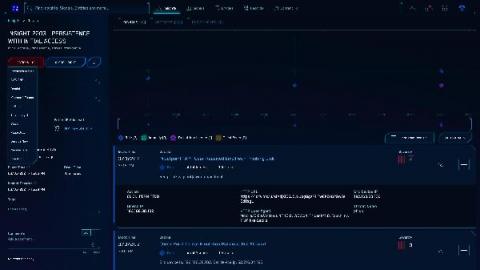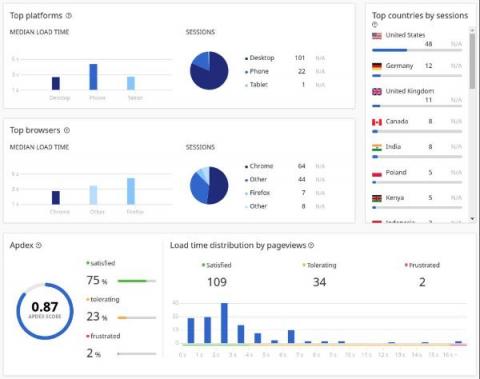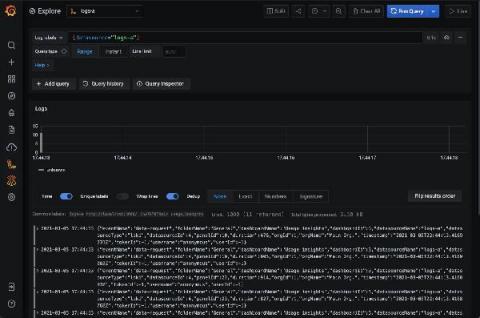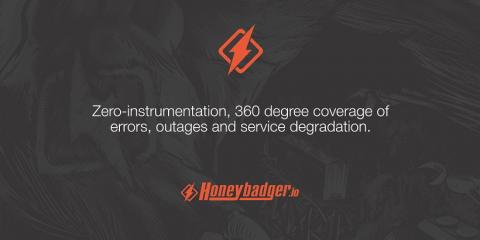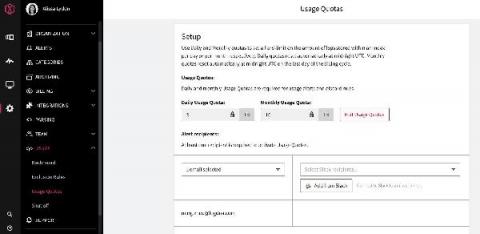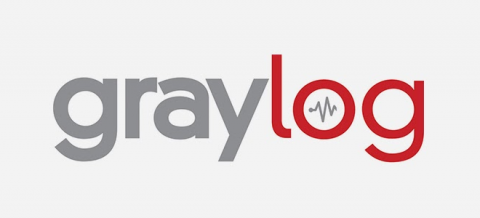Operations | Monitoring | ITSM | DevOps | Cloud
Latest News
Forrester TEI study: Sumo Logic's Cloud SIEM delivers 166 percent ROI over 3 years and a payback of less than 3 months
Detecting threats in AWS Cloudtrail logs using machine learning
Cloud API logs are a significant blind spot for many organizations and often factor into large-scale, publicly announced data breaches. They pose several challenges to security teams: For all of these reasons, cloud API logs are resistant to conventional threat detection and hunting techniques.
Pinpointing a Memory Leak For an Application Running on DigitalOcean
A closer look at the admin API and plugin for centralized tenant adminstration and control in Grafana Enterprise Logs
To follow up on our introduction of Grafana Enterprise Logs, the latest addition to the Grafana Enterprise Stack, let’s dig into one of the key features: the admin API and admin plugin. Grafana Loki, Grafana Labs’ log aggregation project, provides the underpinnings of Grafana Enterprise Logs (GEL).
Logging in Ruby with Logger and Lograge
Logging is tricky. You want logs to include enough detail to be useful, but not so much that you're drowning in noise - or violating regulations like GDPR. In this article, Diogo Souza introduces us to Ruby's logging system and the LogRage gem. He shows us how to create custom logs, output the logs in formats like JSON, and reduce the verbosity of default Rails logs.
Laravel Monolog Handler for Logflare
For our API, we’ve been happily using NewRelic’s monolog enricher for a while, which sends our application logs to NewRelic at the end of each request, making it light and fast for our system not to be bothered by it. Until it stopped working with the upgrade to Composer 2, and they knew about it for several months and still didn’t do a single thing to fix it. So I decided to move to Logflare. Logflare is a fast, light, scalable, and powerful logging aggregator.
Best practices for monitoring Microsoft Azure platform logs
Microsoft Azure provides a suite of cloud computing services that allow organizations across every industry to deploy, manage, and monitor full-scale web applications. As you expand your Azure-based applications, securing the full scope of your cloud resources becomes an increasingly complex task. Azure platform logs record the who, what, when, and where of all user-performed and service account activity within your Azure environment.
Control Your Logging Spend With Usage Quotas
We built LogDNA around the idea that developers are more productive when they have access to all of the logs they need, when they need them. However, we also know that log management can get expensive fast. And, for anyone who owns the budget for developer tools, logs can be an unpredictable line item as you try to determine your monthly, quarterly or even annual spend.
Centralized Log Management for Cloud Streamlines Root Cause Analysis
Cloud services make the daily tasks of business easier. They enable remote workforce collaboration, streamline administrative tasks, and reduce capital costs. However, these “pros” come with a few “cons.” The IT stack’s increased complexity means staff work across divergent log management tools when something breaks. Centralized log management for the cloud makes root cause analysis easier by aggregating all event log data in a single location.



